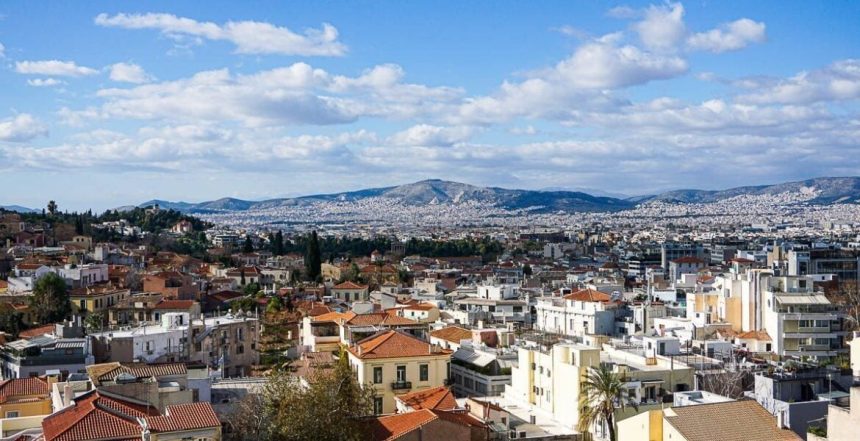The Greek government has introduced two major initiatives — social rent and social housing — to tackle one of Europe’s most severe housing shortages.
Minister for Social Cohesion and Family, Domna Michailidou, described the new programs as complex but necessary tools that require cooperation among multiple public agencies and private stakeholders.
The initiatives aim to unlock and redevelop underused public assets, including vacant state-owned land and inactive military sites. The first phase will involve three former military camps in Athens, Thessaloniki, and Patras, expected to deliver between 1,500 and 1,700 social housing units for middle-income families.
“Our goal is to increase housing stock quickly and place it exactly where it’s needed — in the heart of our urban centers,” Michailidou said.
Alongside new developments, the government will launch a social renting scheme through public–private partnerships. Under this model, private investors will refurbish unused public buildings, returning at least 30 percent of the completed homes to the state to be offered as affordable rentals.
“We are increasing the housing stock, making use of idle public property, and creating new social housing where there is a need,” the minister added.
However, experts warn that Greece may face implementation challenges similar to those that slowed previous development projects. Many state-owned properties have complex ownership or legal issues, while lengthy licensing procedures could delay construction. Industry professionals have called for fast-track approvals similar to those used ahead of the 2004 Athens Olympic Games.
A new report by the real estate platform Prosperty highlights structural weaknesses in Greece’s housing market. Most available homes were built in the 1960s and 1970s, and only about 10 percent have been renovated. Currently, around 131,000 properties are for sale and 45,000 for rent, but many remain vacant for months or even years due to a mismatch between quality and price.
The average asking price for a home in Greece is about €300,000, or roughly €2,500 per square meter, while new constructions can exceed €6,000 per square meter — beyond the reach of many middle-income families.
At the same time, homeownership rates have dropped by 12 percent in recent years, and younger people face barriers such as high down payments and limited access to mortgage financing.
To restore market balance and transparency, Prosperty recommends several reforms, including state-supported rent-to-buy schemes, expanding the “My Home” program for young buyers, tax incentives for developers, and converting unused commercial buildings into housing.
The government’s dual strategy — boosting affordable housing supply and reforming the property market — marks one of the most ambitious efforts to address Greece’s housing challenges in decades.



